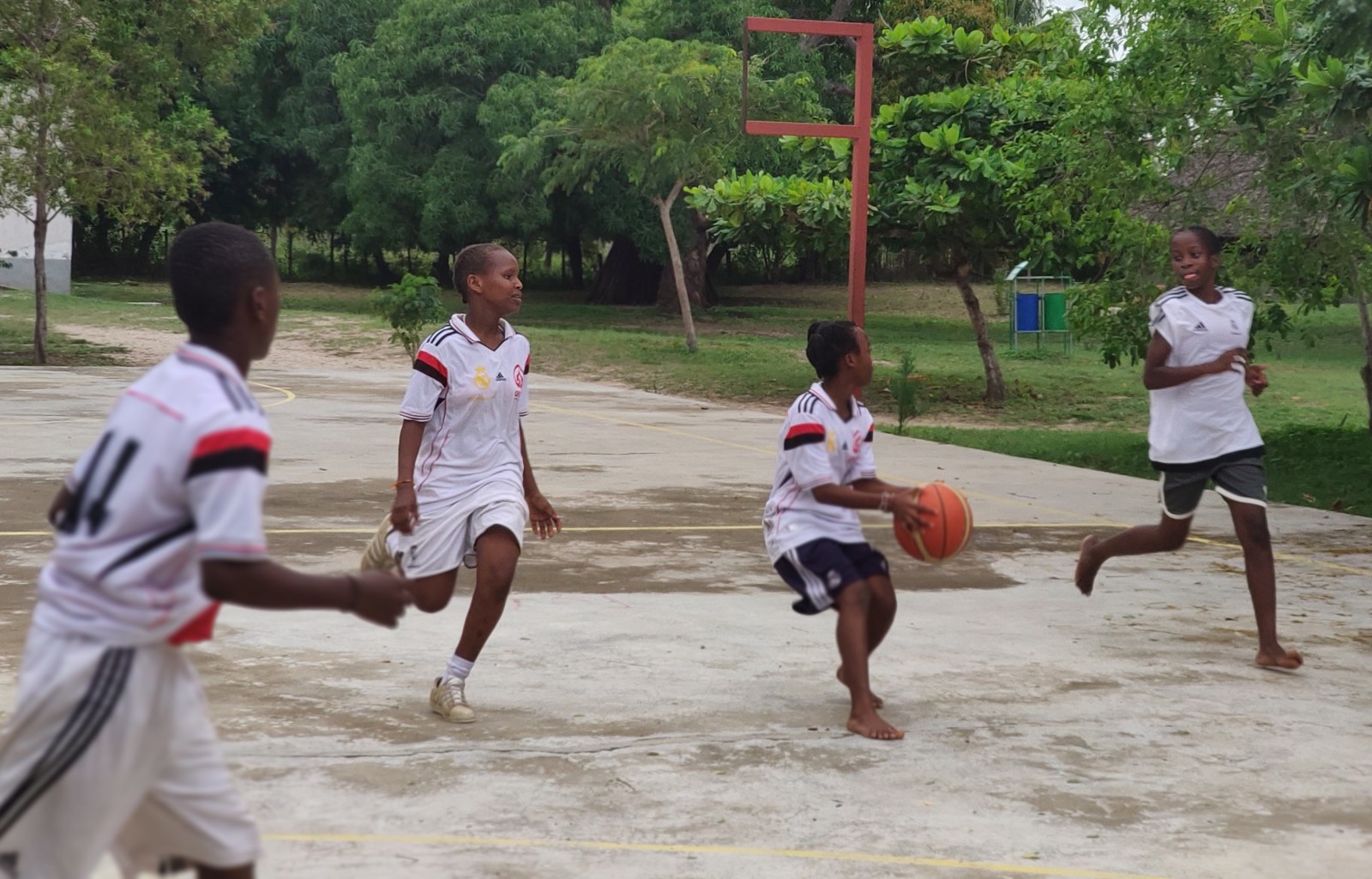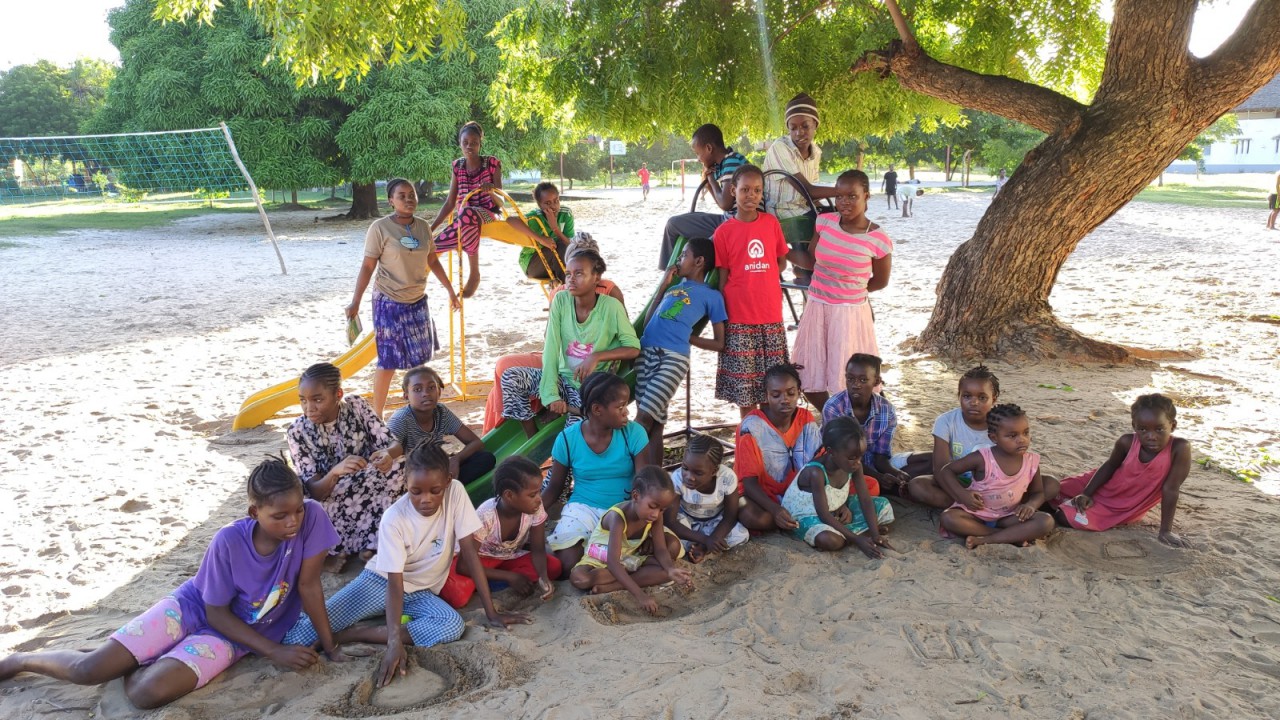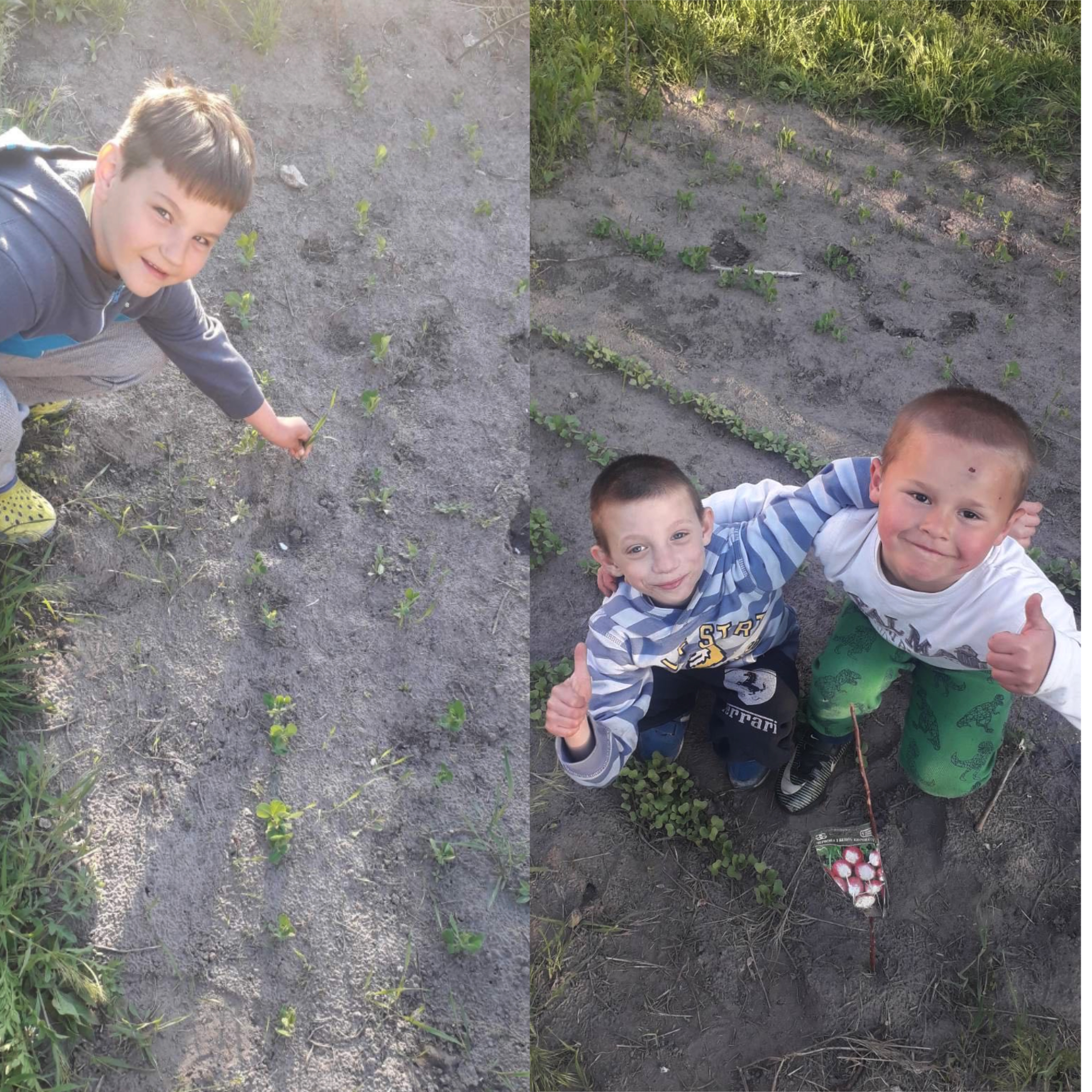Impacts of COVID-19 on projects supported by Kullmann Foundation
As the COVID-19 pandemic has spread across the globe, it is the world's poorest and most vulnerable who are feeling the worst impact of this global crisis. We have asked the organisations that are supported by the Kullmann Foundation how they are coping with the current situation.
At the ANIDAN shelter on the Kenyan island of Lamu unfortunately, many children had to leave the protective care of the shelter as a result of lockdown rules enacted by the government triggered. ANIDAN received permission to continue to host only 80 of its children. In Kenya all primary and secondary schools, as well as universities, are closed since mid-March. Digital learning is not available in Kenya, so those who are already enrolled in colleges and universities can only hope to return to studies once the restrictions will be lifted. Needless to say, the consequences of the closure of businesses, schools, social institutions throughout Kenya are devastating, leaving millions of people to suffer across the country as a result of the social impact and unemployment.

The “Hope” shelter in the Ukrainian village of Mokrets had sent those children who have families and relatives back home at the time quarantine restrictions went into effect in Ukraine. For those who remained and are quarantined inside the home, daily life hasn’t changed dramatically. As the Ukrainian government quickly organised online schooling, all children were able to continue their studies while only additional classes and professional studies had to be canceled. In order to keep the children busy, the administration is currently working on arranging more educational games, sport classes and an initiative for the children to grow a little garden outside. The shelter experienced a number of COVID-19 cases among the children and its staff but fortunately, everyone has recovered well.
In the Dominican capital Santo Domingo where Matthias Ludwig has been organising social mentoring and boxing training for vulnerable children, the situation is challenging. The lockdown measures require Matthias to stop all classes as he is not allowed to train the kids anymore. As many of the children are living in inadequate living conditions and difficult family situations, the continued wellbeing of the children is a grave concern - and so is the situation for the country at large as the Dominican economy is highly dependent on to tourism which has been decimated causing mass layoffs in the sector.
Unfortunately, our project with Kanchenjunga Uddhar Kendra and Rangu Souriya was put on hold due to the COVID-19 pandemic and the resulting quarantine measures. We hope that as soon as restrictions will be lifted we can join our forces again to realise our goal of soon opening the region's first rehabilitation center for reintegrating of human trafficking survivors back into society.
Fortunately, our pilot project with Futuro Forestal of establishing the first generation forest in the Americas is largely unaffected by the pandemic. Our forest in Panama continues to grow - allowing a remarkable recovery of biodiversity, creating stable jobs during times of economic turmoil and most importantly creating a powerful model in the future fight against humanity's next big challenge: climate change.
Wherever we are in the world, we are all living the COVID-19 pandemic, and the lessons from this crisis will be many and far-reaching.


